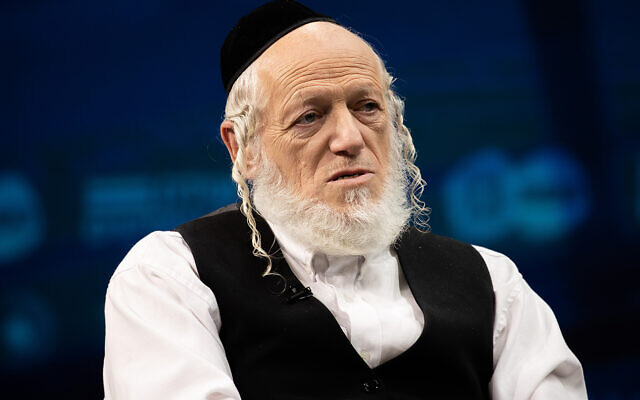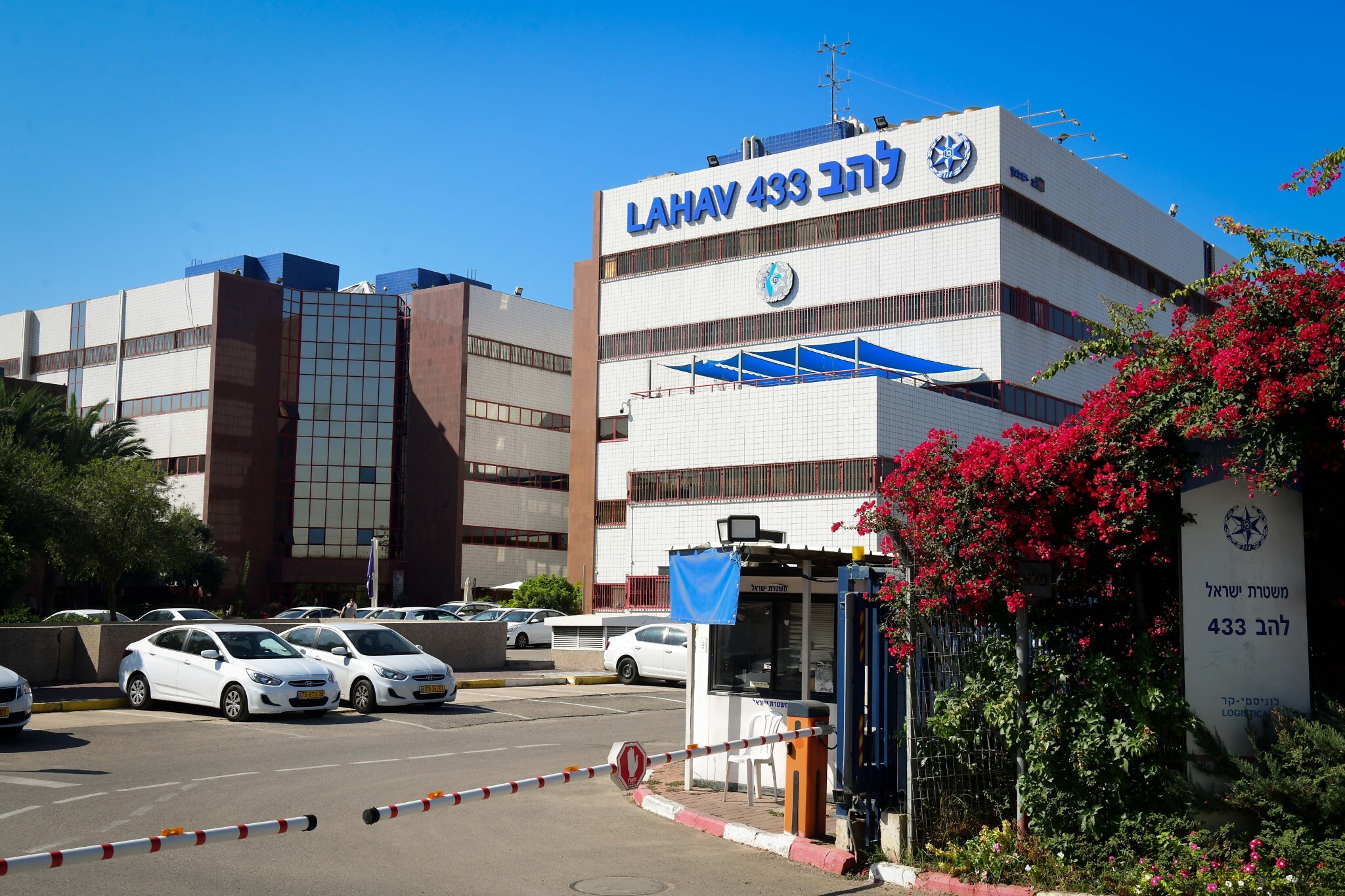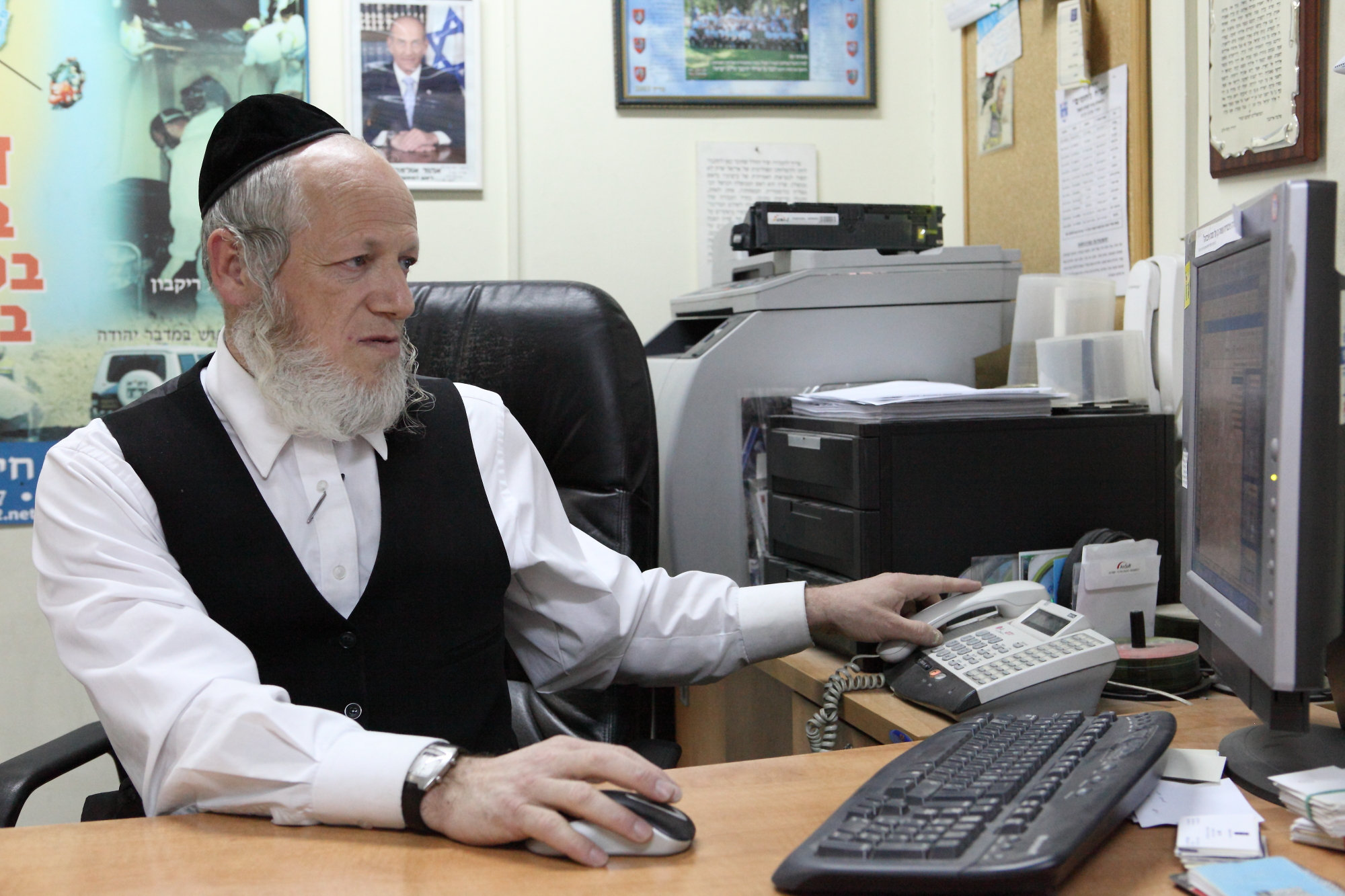Members of emergency services organization to be questioned by investigators, report says; public figures knew about alleged misconduct, kept quiet

Police reportedly suspect public figures in the ultra-Orthodox community were aware of alleged sexual abuse by the co-founder of the ZAKA emergency services organization, Yehuda Meshi-Zahav, and kept quiet about the allegations.
Officials from ZAKA also knew about the alleged abuse and worked to silence the affair, Channel 13 reported on Monday, adding that senior ZAKA officials were expected to be questioned in the coming days.
Meshi-Zahav was accused Thursday of sexual assault, rape, and abuse by six people in a report by the Haaretz daily, which said there are likely many more cases.
More alleged victims have come forward since the bombshell investigation was released, as well as reports that Meshi-Zahav’s alleged crimes were widely known in some parts of the ultra-Orthodox community.
Meshi-Zahav is a prominent figure in the ultra-Orthodox community, with ZAKA a major part of Israel’s emergency response services at home and abroad.
The allegations against Meshi-Zahav have been made by both men and women, some of whom were minors at the time of the alleged events.

Meshi-Zahav was the subject of a previous sex crimes investigation in the late 1980s, Channel 13 said Monday, adding that two women filed complaints against him, but later retracted their testimony apparently due to outside pressure.
Meshi-Zahav was quoted by the network as having told confidants, “I never committed illegal acts… There were consenting relations with different women, but nothing was coerced and nothing was against the law.”
His lawyer, Ephraim Dimri, told Channel 13 that his client was prepared to cooperate with the investigation against him.
“He has nothing to hide. He hasn’t seen any testimony. Everything we’ve seen has been in the media. If he is called and confronted with whatever testimony, he will respond,” Dimri said.
Police began examining the accusations of sexual assault and abuse against Meshi-Zahav on Sunday, and will have to find a viable case within the statute of limitations. Police will focus on searching for complainants from the past decade, as cases beyond that time period are considered “cold cases,” Channel 12 reported.
Meshi-Zahav showed up uninvited to the police’s Lahav 433 serious crime unit on Monday in what Dimri said was an attempt to clear his name and confront the evidence against him.
Officers at the unit refused to take testimony from him, as he had yet to be summoned for questioning.

Channel 13 cited senior law enforcement officials who called Meshi-Zahav’s appearance at the police station a “publicity stunt.”
Hebrew media reported that police managed to make contact with one of Meshi-Zahav’s alleged victims who is believed to be within the statute of limitations. The woman is believed to have confided to reporters under the condition of anonymity that the ZAKA founder raped her several years ago, but she turned down the police request to file a complaint.
Police have yet to receive an official police complaint against Meshi-Zahav that can be used against him in court.
Some victims are likely afraid to come forward given Meshi-Zahav’s prominent stature in the ultra-Orthodox community and long-held ties with law enforcement.
According to the Kan public broadcaster, one of the alleged victims who shared his story to the media in recent days has been bombarded by threats from Meshi-Zahav’s supporters, warning of repercussions if they continue speaking out.
Channel 13 reported Sunday that an anonymous complainant penned a letter to then-interim police chief Motti Cohen a year and a half ago, alerting him to Meshi-Zahav’s dangerous past, as police were getting ready to take part in a major event celebrating 30 years since the founding of ZAKA.

The letter led to an investigation, but not of Meshi-Zahav; rather of the complainants for slandering the public figure. Suspects were even questioned under caution, but the probe never moved forward, Channel 13 reported.
The news site also said that Meshi-Zahav had a long history of close contact with senior police officials and even was paid to give presentations at training courses about ZAKA’s work.
The original Haaretz report said Meshi-Zahav took advantage of his status, power, money, and even the organization he heads to commit sexual assault on multiple occasions.
Meshi-Zahav denied the allegations, telling Haaretz that the claims “are baseless” and will cause “irrevocable damage” to his good name.
Of the six allegations reported in the story, the earliest is from 1983, and the latest from 2011. The report added that many residents of several ultra-Orthodox neighborhoods in Jerusalem knew of Meshi-Zahav’s actions, but did not say anything or report him to authorities.
Earlier this month, Meshi-Zahav was declared a winner of the Israel Prize’s lifetime achievement award for his contributions to Israeli society. Education Minister Yoav Gallant announced that the prize would go to Meshi-Zahav for his decades of work in ZAKA. In 2003, he lit a torch at Israel’s national Independence Day celebrations.
On Friday, Meshi-Zahav announced that he was stepping down from his role in ZAKA and also giving up the prestigious Israel Prize.
He was a vocal critic of some of the ultra-Orthodox leadership during the pandemic, as some prominent community figures downplayed the virus, including in an October interview with The Times of Israel.
As reported by The Times of Israel
